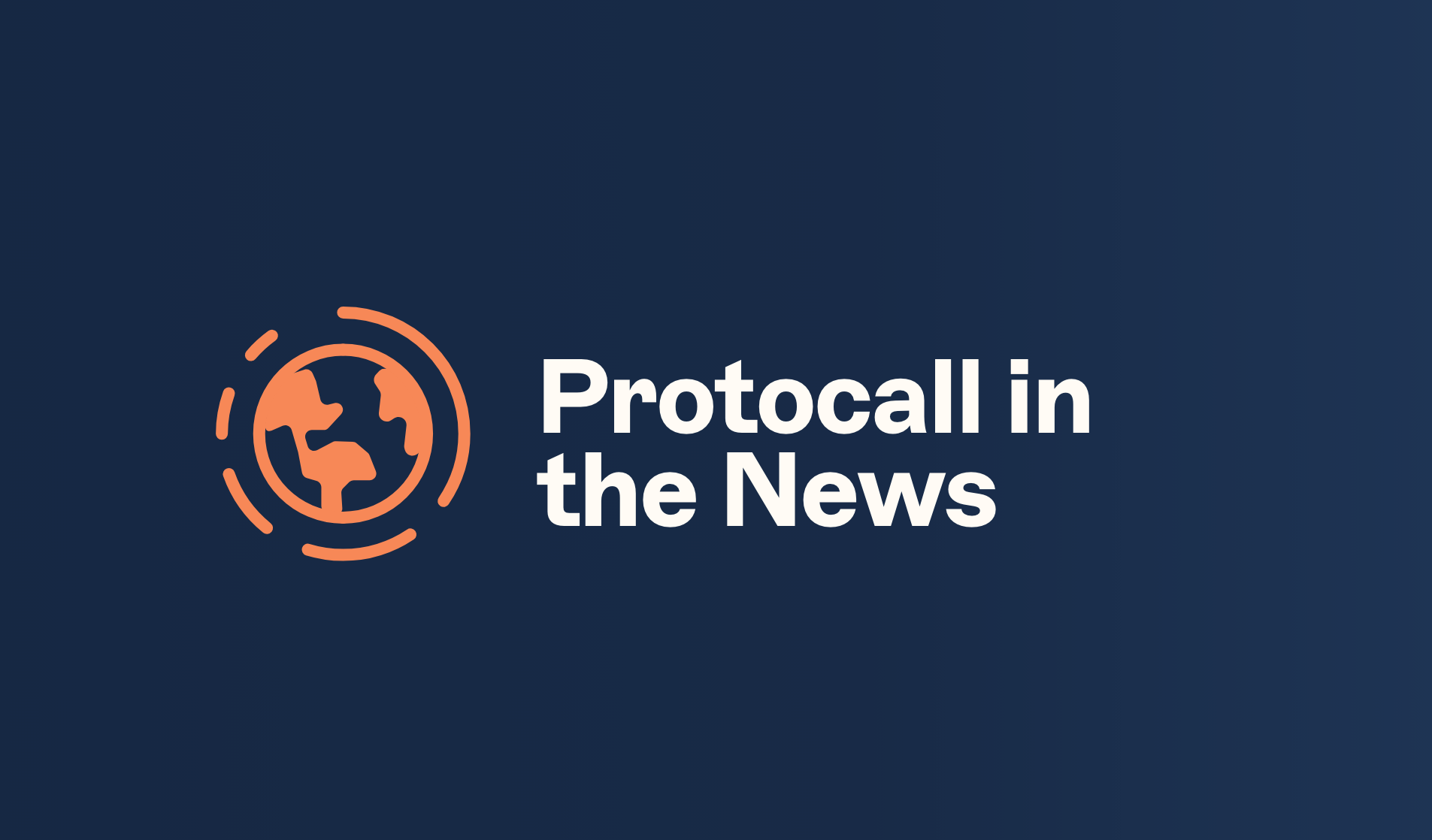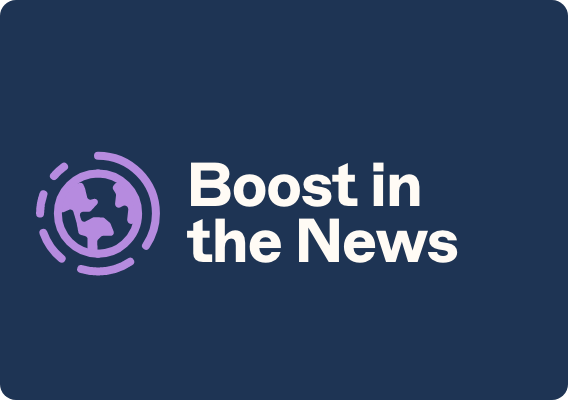A national provider of telephonic crisis services and digital tools for behavioral health, Protocall Services (Protocall) is on a multistage cloud migration to improve the reliability, security, and scalability of its infrastructure. On-premises and colocated systems no longer provided the performance or agility Protocall needed. Protocall reached out to Microsoft partner Atmosera to design and manage a new environment based on Microsoft Azure. Protocall’s migration has made it more agile and secure, with virtually 100% application infrastructure uptime. Many of Protocall’s business processes are simpler, and Atmosera’s continuous management of the Azure environment allows Protocall to focus on its mission: helping people in need.

Behavioral health call centers are a lifeline for people in crisis. Protocall Services (Protocall), a United States–based provider of specialty clinical call-center services and digital tools for behavioral health, is responsible for around-the-clock crisis care for more than 500 organizations. With a need to support more than 40,000 monthly mental health crisis calls and a desire to offer services through new digital tools, Protocall looked for an innovative solution.
In 2016, the company embarked on a multiphase journey to migrate to Microsoft Azure and replace its overstretched legacy systems. Protocall benefited from the experience with Microsoft partner and cloud services provider Atmosera, which architected, deployed, and manages the Azure-based environment. Protocall’s migration to the cloud created a robust system with nearly 100% uptime and a 45% cost savings compared to its original on-premises infrastructure.
Upgrading infrastructure to serve 40,000–50,000 monthly calls
Protocall offers continuous call-center access for customers, including community behavioral health providers, corporate employee assistance programs, college and university counseling centers, and managed behavioral health organizations. These organizations generate between 40,000 and 50,000 monthly behavioral health crisis calls, and with a role supporting the 988 Suicide and Crisis Lifeline, Protocall’s phone and IT systems must always be functioning. Protocall saw an opportunity to boost its ability to serve more clients virtually or by phone through cloud migration instead of maintaining its on-premises infrastructure.
The company’s existing in-house servers and systems, deployed with a colocation partner, did not provide the performance and resiliency demanded by Protocall’s mission and would not be able to scale up as the company grew. “We were historically a call center only,” says Chris Kerns, Director of IT at Protocall. “With the growing need and subsequent gaps in the continuum of care within behavioral health, it only made sense to move further into the digital realm in order to better serve our communities. With the support of our partners over the last years, we’ve become much more of a software organization than just a contact center.”
Protocall turned to Microsoft partner Atmosera for assistance with a gradual migration to an Azure environment, Atmosera’s area of expertise. In 2014, Atmosera embarked on a similar digital transformation journey, evolving from a traditional datacenter and private cloud company to a modern and innovative service provider with Azure. Atmosera was one of the first partners to participate in the Microsoft Data Center Optimization program, which it uses with customers like Protocall. “One of the benefits of working with Atmosera is that all we focus on is Azure,” says Jon Thomsen, CEO of Atmosera. “It’s all we do, every day. We’re the experts.”
Improving reliability, security, and compliance with Azure
Protocall and Atmosera embarked on a multistage process that began in 2016 with building a hybrid architecture for cloud and on-premises systems. Protocall leaned on Atmosera’s experience with Azure services to design the architecture. “Having guidance around best practices for spinning up cloud infrastructure was really invaluable for us,” says Jérémie Bourque, Director of Software Engineering at Protocall. “If we hadn’t had Atmosera, we probably would have wasted a lot of time through experimentation and maybe have made poor choices.”
By the end of 2016, Protocall had a new Azure platform as a service (PaaS) environment with updated on-premises solutions for legacy systems that did not need to move to the cloud. At the time, it was what worked best for the company. As its infrastructure and software needs evolved, Protocall continued migrating systems to its Azure environment. By 2023, it was functioning primarily in the Azure cloud.
Protocall’s environment combines Azure services, such as one-click backup solution Azure Backup, with AMP, Atmosera’s proprietary cloud management platform, to deliver a highly secure, compliant, and responsive Azure environment. The software side of Protocall values the agility of coding development and testing service Azure DevOps as the company is continually evolving its software solutions. “PaaS has been game changing, as has the deep integration with Azure DevOps, so that we can define our software processes around it in a flexible way,” says Bourque.
Advancing the mission securely with nearly 100% application infrastructure uptime
Protocall’s collaboration with Atmosera and Microsoft solutions is advancing its critical mission. The company’s new Azure-based environment, backed by Atmosera, provides resiliency and scalability that Protocall’s previous infrastructure did not offer, achieving virtually 100% application infrastructure uptime since deployment. The company also enjoys the reliability of its new environment managed by the Atmosera team, which is a critical extension of Protocall’s IT department during high-volume times.
With Atmosera developing and managing the cloud infrastructure, Protocall’s IT staff is free to focus on product development and strategic planning. “Having that expertise in place brings us confidence and allows us to be more agile,” says Bourque. “We can plan our long-term goals with more assurance than we could if we didn’t have the right partner in place.”
In addition to a 45% cost savings compared to its legacy infrastructure, Protocall’s migration to Azure has improved many of the company’s internal business processes. Management, reporting, and billing processes are simpler, and the new Azure-based environment has improved security and data resiliency. Protocall, because of its handling of protected health information, must comply with federal regulations and wanted to build an environment that would also align with the Health Information Trust Alliance Common Security Framework. The company uses the endpoint management solution Microsoft Intune and its inherent compliance processes to manage security and privacy.
Enhancing lives with a strong support system
Migrating to an Azure environment is helping Protocall provide its services to as many clients as possible, connecting the company with the behavioral health and wellness resources it needs. The company operates more efficiently and with higher reliability because of the tools made available by Microsoft and the continual support and engagement from Atmosera. “Our strong support system allows us to focus on doing what we do best, which is helping people in need,” says Bourque. “We can focus on our products rather than on the infrastructure that makes them work.”
For more information, please contact:
Rachel Williams
Communications Manager
This article originally appeared on customers.microsoft.com.


